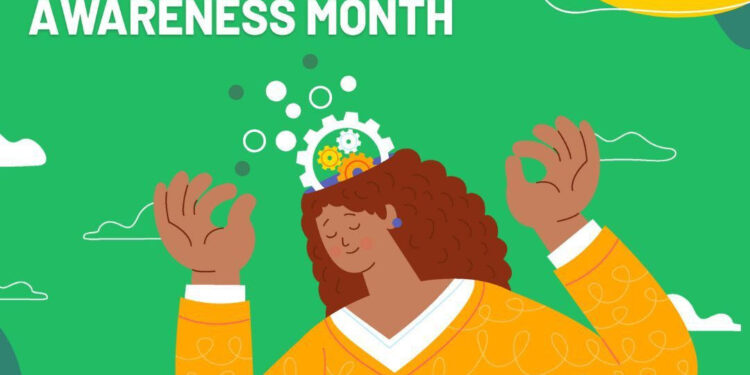|
The South African Depression and Anxiety Group (SADAG), the leading Mental Health patient advocacy group, is dedicated to raising awareness and providing vital support for individuals affected by Mental Health issues. In honour of Mental Health Awareness Month in July, SADAG is focusing on unpacking anxiety disorders to help understand what the many symptoms look like, how to get help, and vital self-help tips. Zane Wilson, the Founder of SADAG struggled for many years with undiagnosed Panic Disorder, having up to 6 Panic Attacks a day. It got so bad that she was unable to drive or even go shopping. After 10 years and many attempts to resolve them, she finally received the correct diagnosis and treatment. Although it was a massive undertaking, with the correct solutions, she got better much faster than expected. 30 years later, disorders like Zane’s are much easier to identify and treat, and there are now endless resources that can alleviate people’s suffering. |
|
According to Zane, “Starting a Panic Support Group over 30 years ago was a huge undertaking. Since then, we opened many Support Groups for Groups and provided many resources that really have achieved amazing steps forward to providing fast support to people living with Panic to help them to learn skills.” Clinical Psychologist and SADAG Board Chairperson, Dr Colinda Linde, said, “The state of Mental Healthcare in South Africa was in crisis long before Covid-19, and we need to ensure that Anxiety healthcare is prioritised across all sectors, provinces, and ages, to help the growing demand for mental health services.” |
|
Throughout the month of July, SADAG will be collaborating with Mental Health experts and trained individuals to host a powerful series of online events and campaigns aimed at increasing awareness and reducing the stigma surrounding Anxiety Disorders. We will be covering the following 4 topics: Post Traumatic Stress Disorder (PTSD), Panic Disorder, Obsessive Compulsion Disorder and Social Phobia. |
Cassey Chambers SADAG Operations Director advises: ”Including the patient’s voice is extremely important when talking about Anxiety Disorders. Having insight from an expert is crucial but having the voice of a patient who has learned to cope with the Mental Health Issues is very important for people to connect and relate.” |











